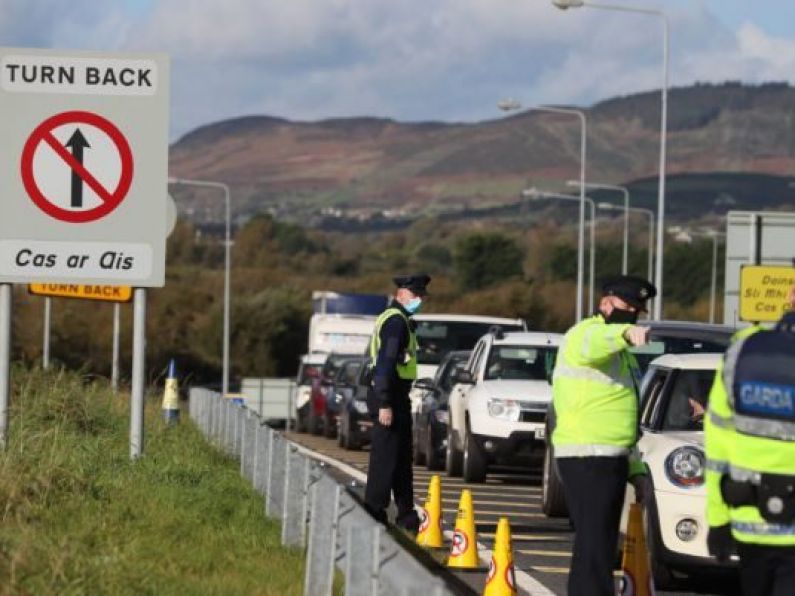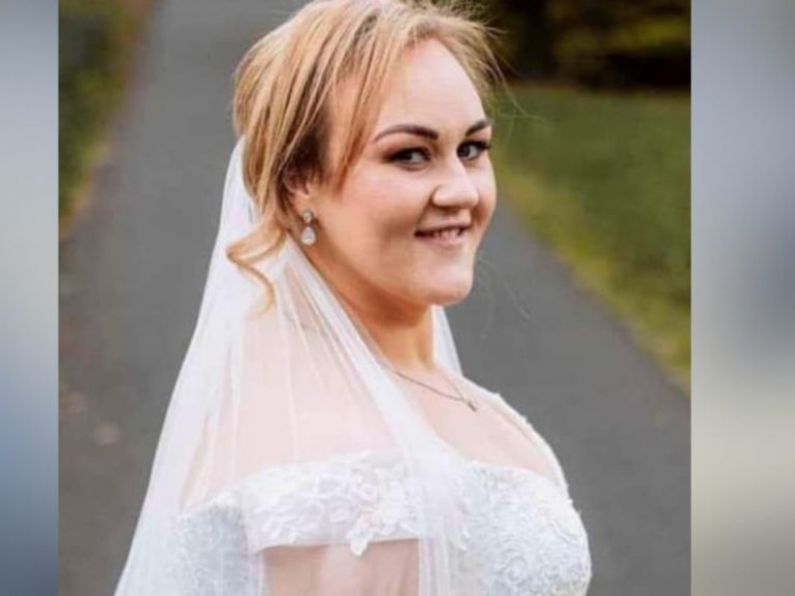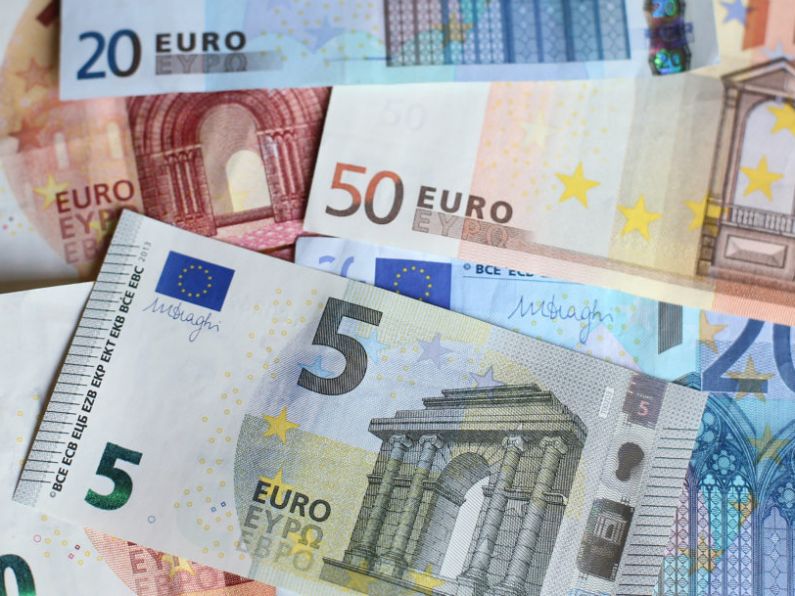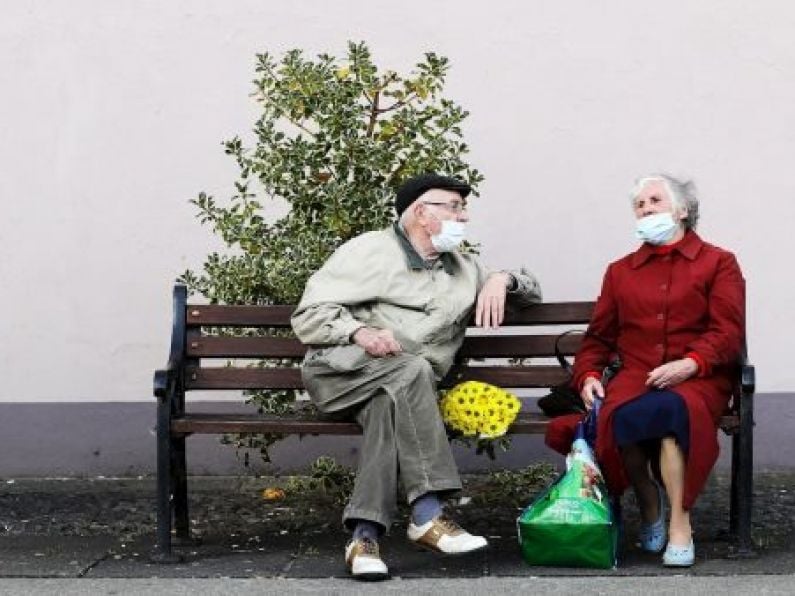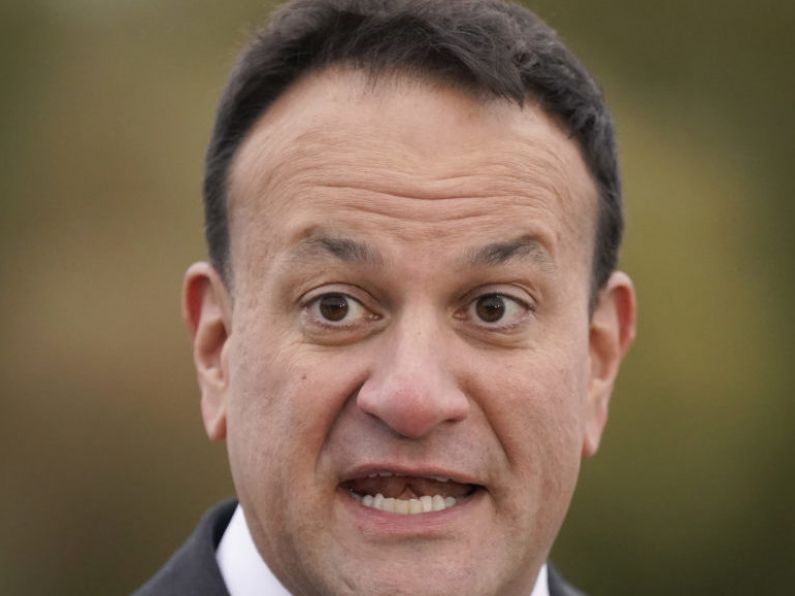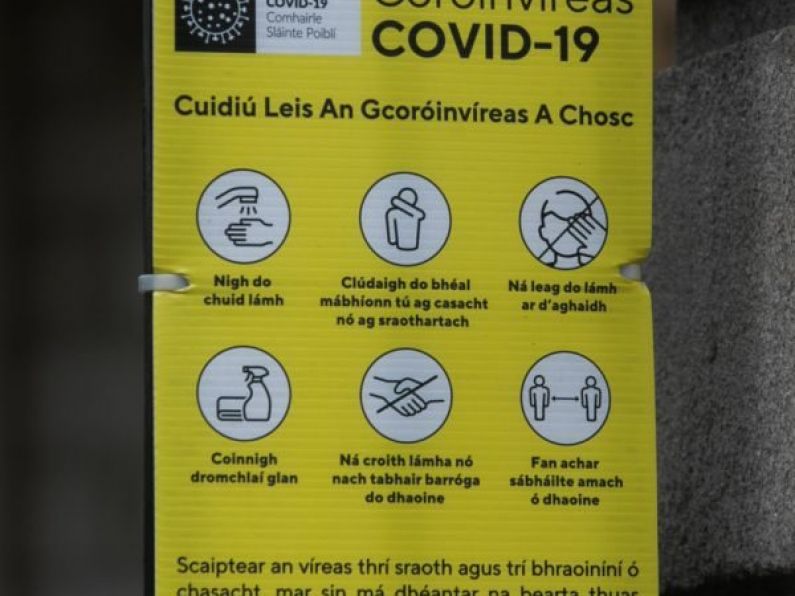By Cate McCurry, PA
Second and third offenders can face imprisonment and fines of up to €2,500.
Washing hands properly is the best way to reduce infections in hospital and community settings in Ireland #ProtectingPatientsEverywhere #IIPW#HandHygiene #StopTheSpread pic.twitter.com/dmhVin7b4s
— HSE Ireland (@HSELive) October 24, 2020
The legislation underpinning the use of fines for breaches of restrictions was passed in the Dail and the Seanad on Friday.
The law in relation to house parties comes into effect this weekend, but the fixed penalty notices will be introduced in the coming week.
There will be more than 2,500 uniformed gardai on duty each day during the six-week lockdown introduced on Thursday.
The fines were introduced in a bid to curb the spread of Covid-19 among households.
Statistics released by the Central Statistics Office Ireland (CSO) on Friday show that outbreaks in private houses account for 54% of cases linked to an outbreak in the last four weeks.
The country’s incident rate exceeded 300 per 100,000 population for the first time since the onset of the pandemic.
On Friday, Garda Commissioner Drew Harris expressed reservations about the use of fines for enforcing Covid-19 restrictions.
Mr Harris refused to say he supports the penalties.
“I’ll do as I’m told,” he said.
He said the enforcement measures would only be used as a “last resort”.
Asked if he supported the measures, he replied: “The good thing is the piece of legislation backs this up. I’m a public servant, a good and faithful servant at that, and I’ll do as I’m told.
“We have fines, but they are set in an enforcement sphere. We have to discern then what our policy and practice is with respect of that enforcement.
“But we have already set that out. Enforcement is our last resort. So the use of the fixed charge penalty notice, or a report to the DPP, is a last resort for us in all cases.”
A further seven Covid-19 linked deaths and 777 new cases of the virus were reported in Ireland on Friday.
